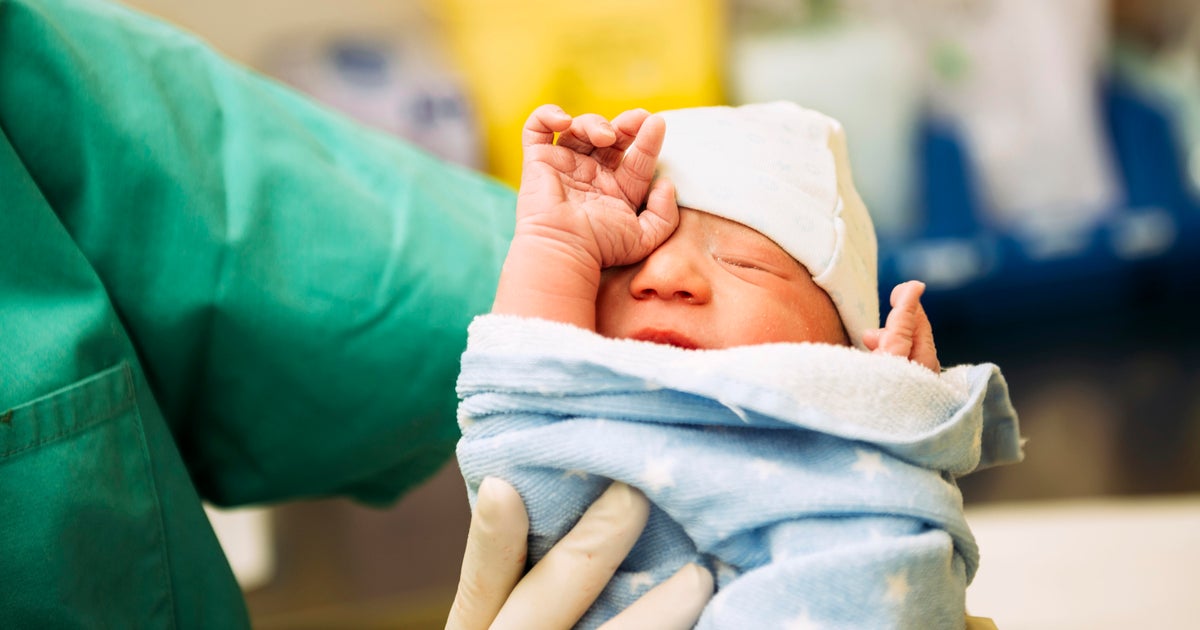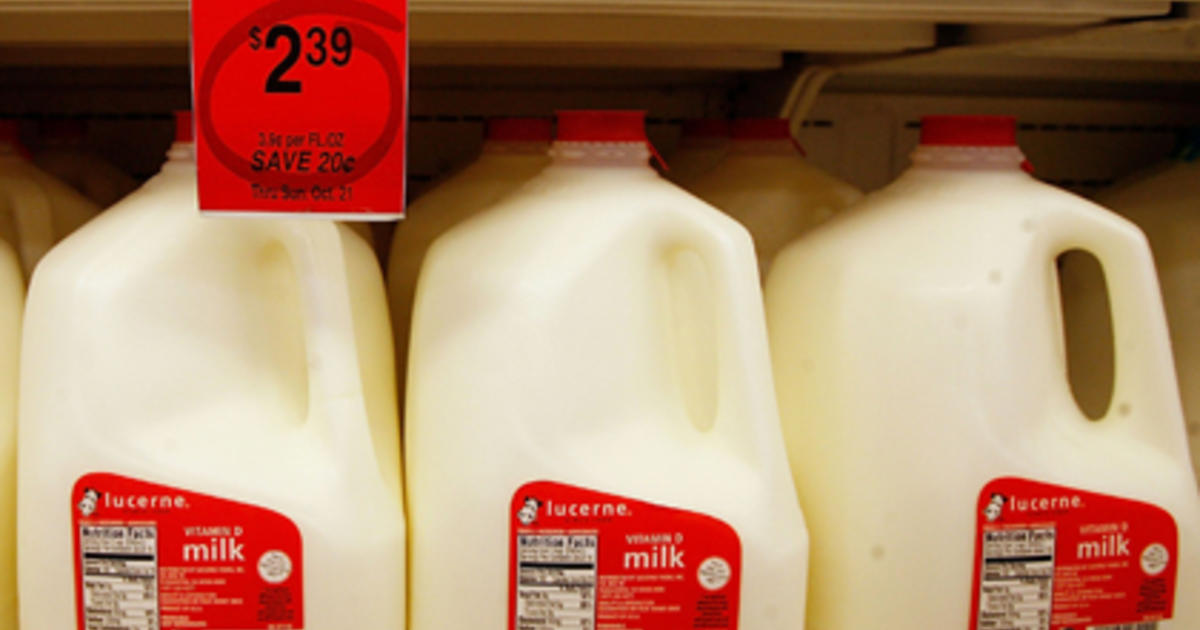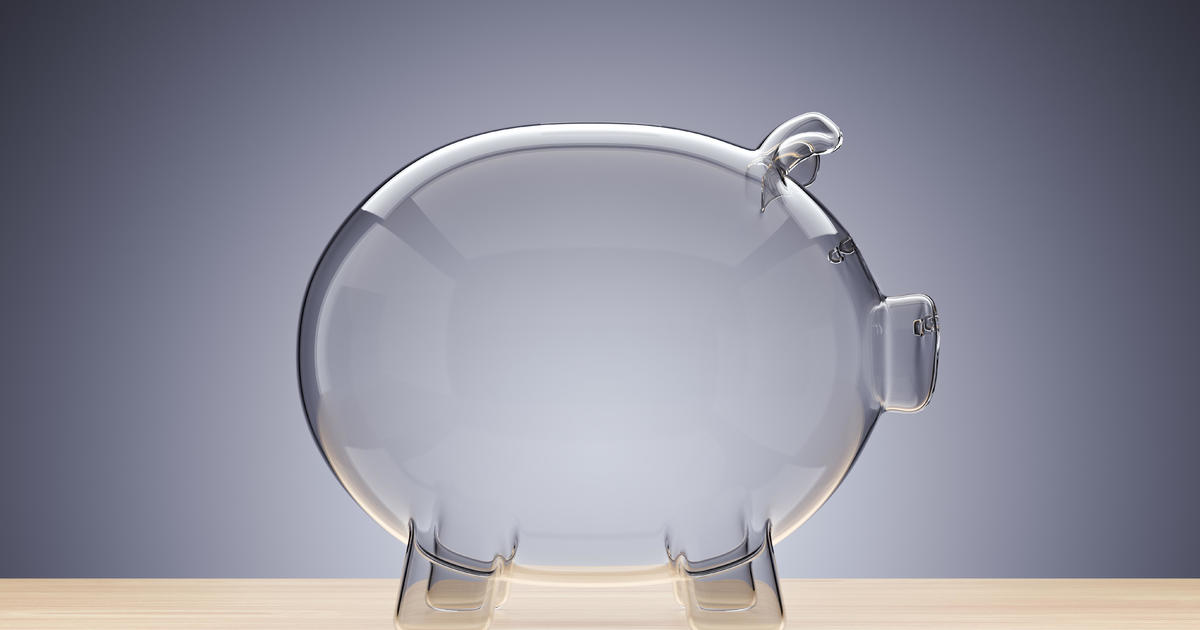Can you still get free COVID tests in 2023? Here's what to know about your options.
Following a weekend of Labor Day travel amid an uptick of COVID-19 hospitalizations, many people are wondering where to get free COVID test kits in 2023, whether by mail or with insurance.
Levels of COVID-19 hospitalizations and deaths for now remain far below previous peaks seen during past summer and winter waves of the virus, but they have been climbing steadily for several weeks and are predicted to accelerate.
Health authorities are also tracking the spread of three new COVID-19 variants around the country.
Does the government still send free COVID tests in the mail?
While the government program to mail Americans free COVID tests was suspended earlier this year, it is now scheduled to make a return for the fall of 2023.
Four free tests will be available for each household to request through the government's COVIDTests.gov portal beginning on Monday, Sept. 25.
Tests will be shipped through the U.S. Postal Service starting Oct. 2, and would not be directly affected by a potential government shutdown if Congress fails to pass a funding bill by the end of the month, the Administration for Strategic Preparedness and Response told CBS News.
There are also other ways for both insured and uninsured people to get free testing.
If you still have tests saved from previous test mailings, they may still be usable even if they're past the expiration date on the label — but it depends.
While the Food and Drug Administration does not recommend using at-home COVID-19 tests beyond their authorized expiration dates, it says these dates may be extended as "additional stability data is collected" and provides a list on its website.
"You can check the Expiration Date column of the List of Authorized At-Home OTC COVID-19 Diagnostic Tests to see if the expiration date for your at-home (over-the-counter) COVID-19 test has been extended and how to find any new expiration date," the FDA ays.
- COVID, flu and RSV: Expert advice for protecting yourself as virus season approaches
- Is masking coming back? As new COVID variants emerge, here's what experts say
Do pharmacies offer free COVID testing?
Another option is free testing sites. No-cost antigen and PCR tests are available to everyone at more than 15,000 sites across the country. This includes locations such as CVS, Walgreens and other pharmacies and clinics.
People looking for no-cost locations near them can use the CDC's testing locator website.
Some city and state health departments also have their own COVID testing programs.
For example, New York City has four locations for free rapid PCR testing in addition to testing available at all the city's public hospitals. There are also more than 200 locations around the city to get free at-home tests, including public institutions like libraries, recreation centers and food pantries.
The Virginia Department of Health launched a program in 2021 that brought at-home test kits to libraries across the state. "Community members can pick up FREE test kits from participating libraries (library cards aren't required) and take the kits home to self-test for COVID-19," the department's website says.
Looking for info on your state? The CDC has a page that lists all state and territorial health departments for quick access to their sites, where you can find the latest local information on testing.
Does insurance cover COVID testing?
Some private health insurance plans may reimburse for the cost of buying at-home COVID tests.
Walgreens, for example, has an online form to place pick-up orders for tests in which they submit an insurance claim on the buyer's behalf. However, many insurance plans will no longer cover at-home COVID-19 tests as of May 2023, according to the pharmacy's website.
"Contact your plan for details," the site advises. "If your plan does provide coverage, there may be cost-sharing and limits to the number of tests covered per person per month."
How long after exposure to test positive for COVID?
In order to get the most accurate results — and not waste tests — it's important not to test too early if you don't have any symptoms.
"If you do not have symptoms but have been exposed to COVID-19, wait at least 5 full days after your exposure before taking a test," the CDC's website advises.
If you have symptoms, however, you should test immediately.
- New COVID vaccine and booster shots for this fall to be available by end of September
- Should I get a COVID shot? CDC says most should wait for September
After testing positive for COVID, how long are you contagious?
How long you should isolate to prevent others from getting sick depends on your level of symptoms.
For asymptomatic to mild cases, the CDC recommends isolating for five days, not including the day you test positive or when symptoms first appeared. You should also wear a mask through Day 10.
"Isolation can be discontinued at least 5 days after symptom onset (day 0 is the day symptoms appeared, and day 1 is the next full day thereafter) if fever has resolved for at least 24 hours (without taking fever-reducing medications) and other symptoms are improving," the website adds, noting loss of taste and smell may persist for weeks or months.
People with moderate to severe cases should isolate through at least Day 10, the organization says.
"Those with severe COVID-19 may remain infectious beyond 10 days and may need to extend isolation for up to 20 days," the website notes.
Guidelines differ slightly for those who are immunocompromised. The CDC says people in this group should isolate through at least Day 20.
"Use of serial testing and consultation with an infectious disease specialist is recommended in these patients prior to ending isolation," the organization adds.
-Alexander Tin contributed to this report.



